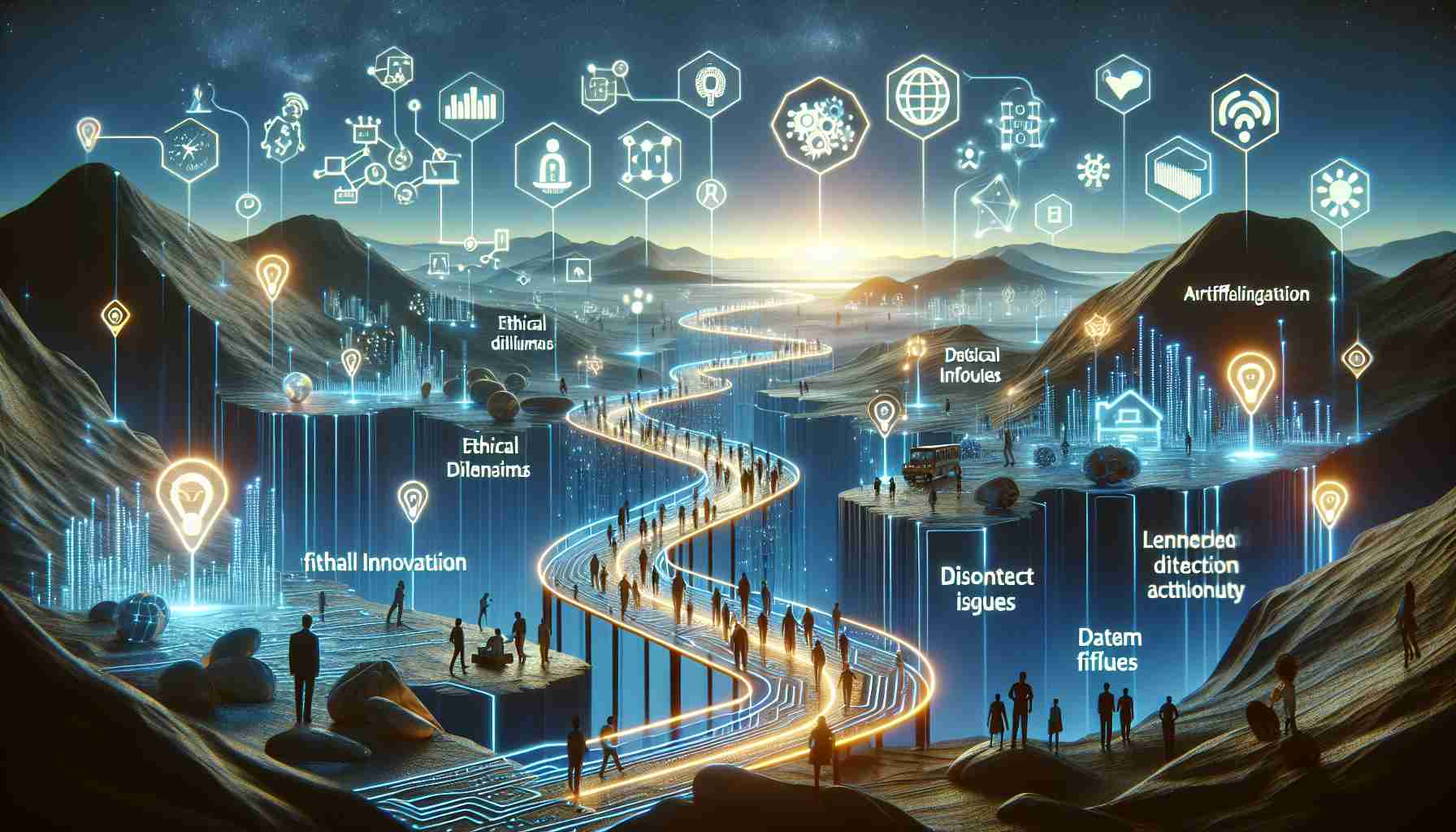The rapid advancement of artificial intelligence (AI) has sparked both excitement and concerns around the world. In a recent session at the World Economic Forum’s Annual Meeting, Sam Altman, CEO of OpenAI, shared his insights on the future trajectory of AI and its profound impact on global economies and societies.
Altman acknowledged the current limitations and flaws of AI but highlighted people’s ability to leverage this technology for significant productivity gains. He emphasized that users understand the tool’s limitations and have found innovative ways to make AI useful in their daily lives, demystifying the concept of AI as it becomes more widely used.
Addressing the issue of trust in technology, Altman expressed optimism that AI systems would evolve to explain their reasoning in natural language. This would foster transparency and accountability, allowing users to understand the decision-making process of AI.
Contrary to concerns that AI might replace human-centric activities, Altman drew a parallel with chess. Despite the victory of Deep Blue over Garry Kasparov in 1997, human interest in chess has actually surged, highlighting our innate connection with human achievements and creativity. Altman emphasized that humans possess better tools for understanding each other’s desires, indicating that AI will not replace the human touch.
Altman also predicted a shift in job roles, with AI enabling individuals to focus more on generating ideas and making high-level decisions. He believes that jobs will operate at a higher level of abstraction, requiring individuals to coordinate and make decisions based on a broader understanding of capabilities.
Regarding AI values, Altman highlighted the progress made in ensuring safety between different AI models. He expressed optimism about aligning AI values with society’s needs and emphasized the importance of gathering input from society to make informed decisions about these values.
Furthermore, Altman addressed the economic aspects of AI, suggesting the development of new models to compensate content owners when their data is used for training AI models. He stressed the need for a shift in the current conversation about AI training to ensure fair compensation.
The session at the World Economic Forum’s Annual Meeting brought together various experts and industry leaders to discuss the evolving role of AI and its implications. It provided a comprehensive view of AI’s potential and the challenges that lie ahead. As AI continues to advance, it is crucial to strike a balance between innovation and addressing societal concerns, ensuring that this powerful tool benefits humanity as a whole.
FAQ
1. What insights did Sam Altman share about the future trajectory of AI?
Sam Altman, CEO of OpenAI, acknowledged the limitations and flaws of AI but highlighted its potential for significant productivity gains. He emphasized the need for users to understand AI’s limitations and find innovative ways to make it useful in their daily lives.
2. How does Altman address the issue of trust in technology?
Altman expressed optimism that AI systems would evolve to explain their reasoning in natural language, fostering transparency and accountability. This would allow users to understand the decision-making process of AI.
3. Will AI replace human-centric activities?
Altman drew a parallel with chess, where despite AI’s victory over Garry Kasparov, human interest in chess has surged. He believes that AI will not replace the human touch, as humans possess better tools for understanding each other’s desires.
4. How will AI impact job roles?
Altman predicts a shift in job roles, with AI enabling individuals to focus more on generating ideas and making high-level decisions. Jobs will require a higher level of abstraction, with individuals coordinating and making decisions based on a broader understanding of capabilities.
5. What progress has been made in ensuring the safety of AI?
Altman highlighted the progress made in ensuring safety between different AI models. He expressed optimism about aligning AI values with society’s needs and emphasized the importance of gathering input from society to make informed decisions about these values.
6. What economic aspects of AI did Altman address?
Altman suggested the development of new models to compensate content owners when their data is used for training AI models. He stressed the need for a shift in the current conversation about AI training to ensure fair compensation.
Definitions
1. Artificial Intelligence (AI): Refers to the simulation of human intelligence in machines that are programmed to think and learn like humans.
2. World Economic Forum: An international organization that brings together leaders from government, business, and academia to improve the state of the world by shaping global, regional, and industry agendas.
3. OpenAI: An artificial intelligence research laboratory focused on ensuring that artificial general intelligence benefits all of humanity.
Suggested Related link
World Economic Forum
The source of the article is from the blog lokale-komercyjne.pl

